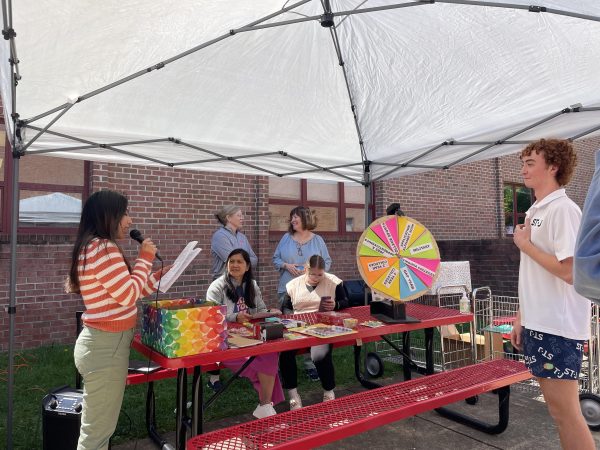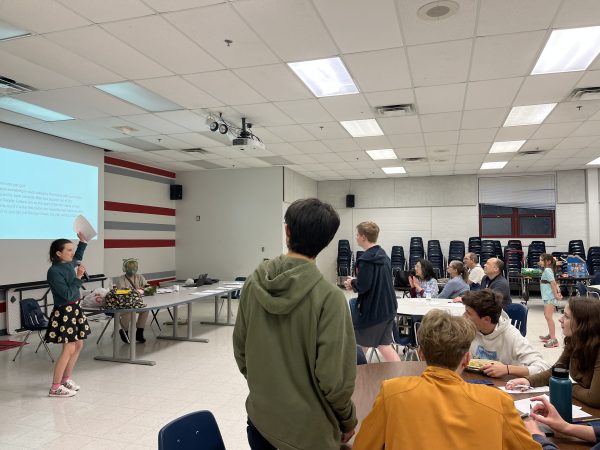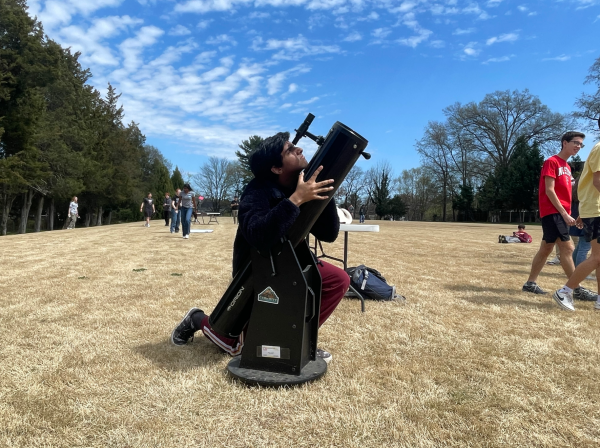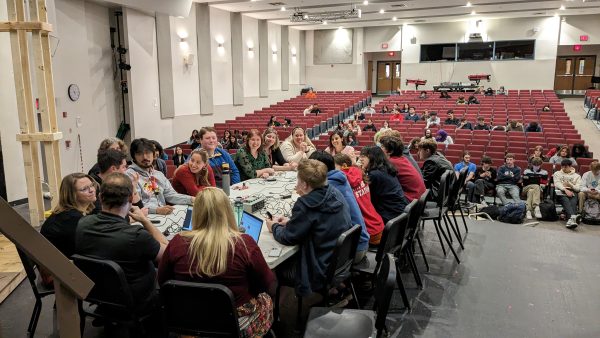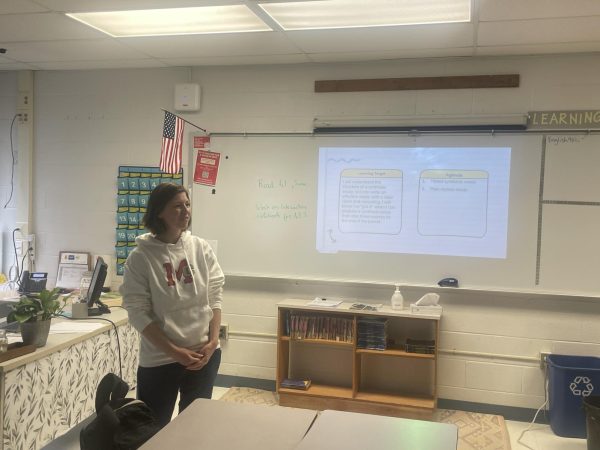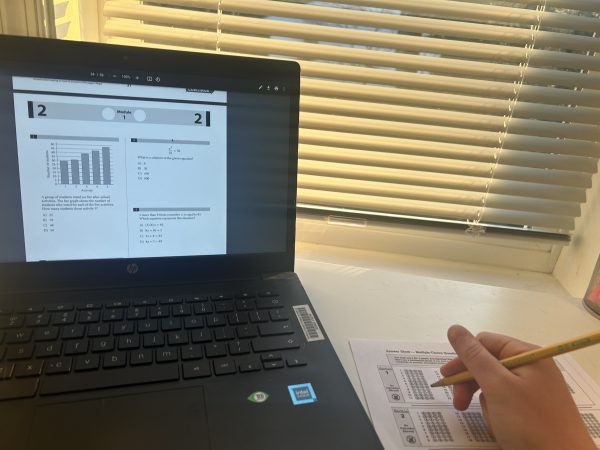Climate change could forever change America
The Fourth National Climate Assessment Volume II warns of catastrophic effects if substantial action isn’t taken against climate change
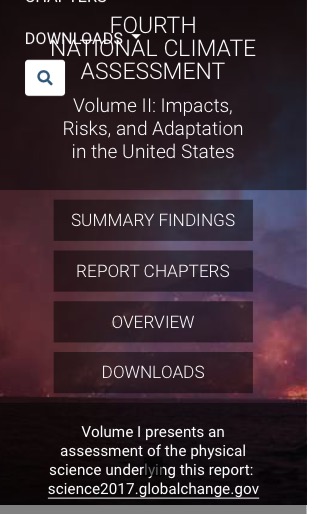
The opening page of the Fourth National Climate Assessment Volume Two as seen here. This report focuses on the impacts of climate change on the U.S. (Screenshot taken by Cordelia Lawton)
December 13, 2018
The Fourth National Climate Assessment was released by the Environmental Protection Agency in late November, outlining how a world wide problem could affect the United States. The summary findings include the expected effect of climate change on the economy.
“With continued growth in emissions at historic rates, annual losses in some economic sectors are projected to reach hundreds of billions of dollars by the end of the century,” the report found.
According to the EPA, climate change isn’t going to affect only individual economic sectors.
“Extreme weather and climate-related impacts on one system can result in increased risks or failures in other critical systems, including water resources, food production, distribution, energy, and transportation, public health, international trade, and national security,” the report found.
Another prediction the report made was for devastating impacts on several different types of infrastructure across the continent.
“Climate change and extreme weather events are expected to increasingly disrupt our Nation’s energy and transportation systems threatening more frequent and longer lasting power outages, fuel shortages, and service disruptions, with cascading impacts on other critical sectors,” found the report.
Climate change if left unchecked could cause catastrophic effects in the industries of tourism and agriculture.
“These and other climate-related impacts are expected to result in decreased tourism revenue in some places and, for some communities, a loss of identity,” found the report. “Expected increases in challenges to livestock health, declines in crop yields and quality, and changes in extreme events in the United States and abroad threaten rural livelihoods, sustainable food security, and price stability.”
By affecting the environment, climate change is putting all species at risk.
“Many benefits provided by ecosystems and the environment, such as clean air and water, protection from coastal flooding, wood and fiber, crop pollination, hunting and fishing, tourism, cultural identities, and more will continue to be degraded,” found the report.
Risks were also found in health impacts due to changes spurred on by climate change.
“Climate change is also projected to alter the geographic range and distribution of disease-carrying insects and pests, exposing more people to ticks that carry Lyme disease and mosquitoes that transmit viruses such as Zika, West Nile, and dengue,” found the report. “Populations including older adults, children, low-income communities, and some communities of color are often disproportionally affected by and less resistant to, the health impacts of climate change.”
AP Environmental Science and Geosystems teacher Meghan Giblin thinks people can do a lot to prevent the effects described by the report. This can be done by carpooling, buying more environmentally friendly objects, eating less meat, and avoiding plastic.
“[Plastic] doesn’t biodegrade, so it doesn’t break down easily. It does something like photo degrade so light essentially breaks it down into smaller pieces. It’s really harmful because [it] ends up a lot of times in oceans and that’s when you start affecting marine species, but it’s also harmful because it’s made from petroleum, from oil, and the refineries where it’s being created are producing carbon dioxide and toxic chemicals in the areas they’re in,” Giblin said.
It is important to note that no one can predict exactly how climate change will play out, but that’s no reason not to take action against climate change.
“It makes sense. I mean even for people who don’t agree with human created climate change if there’s a possibility you’d want to be preventative because fossil fuels are finite; they’re going to run out. Why not start looking for other options,”Giblin said.



